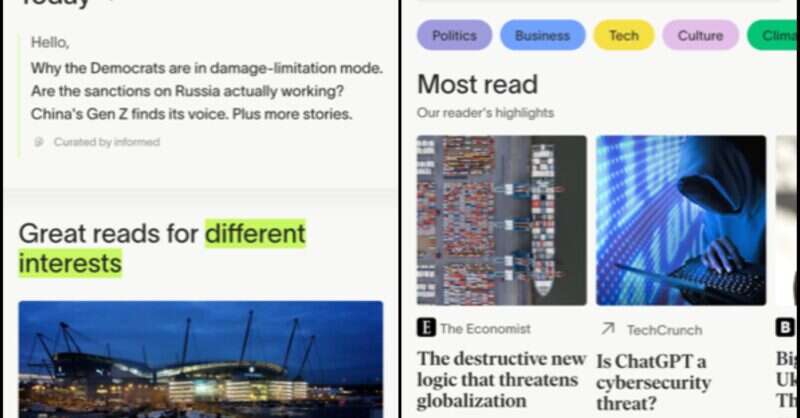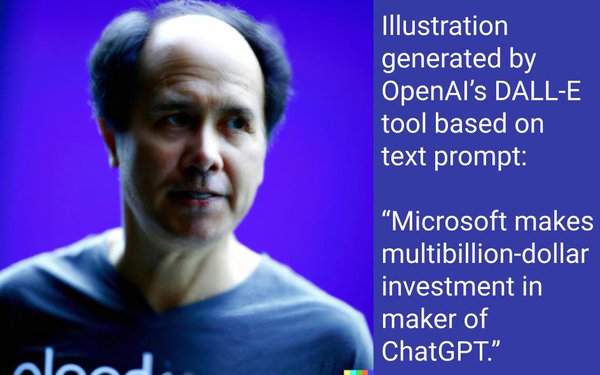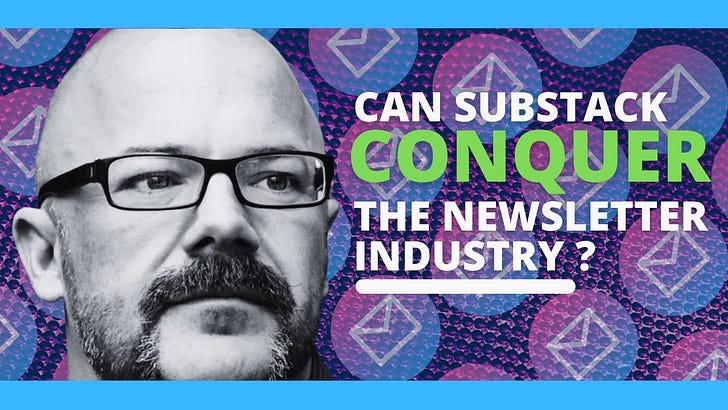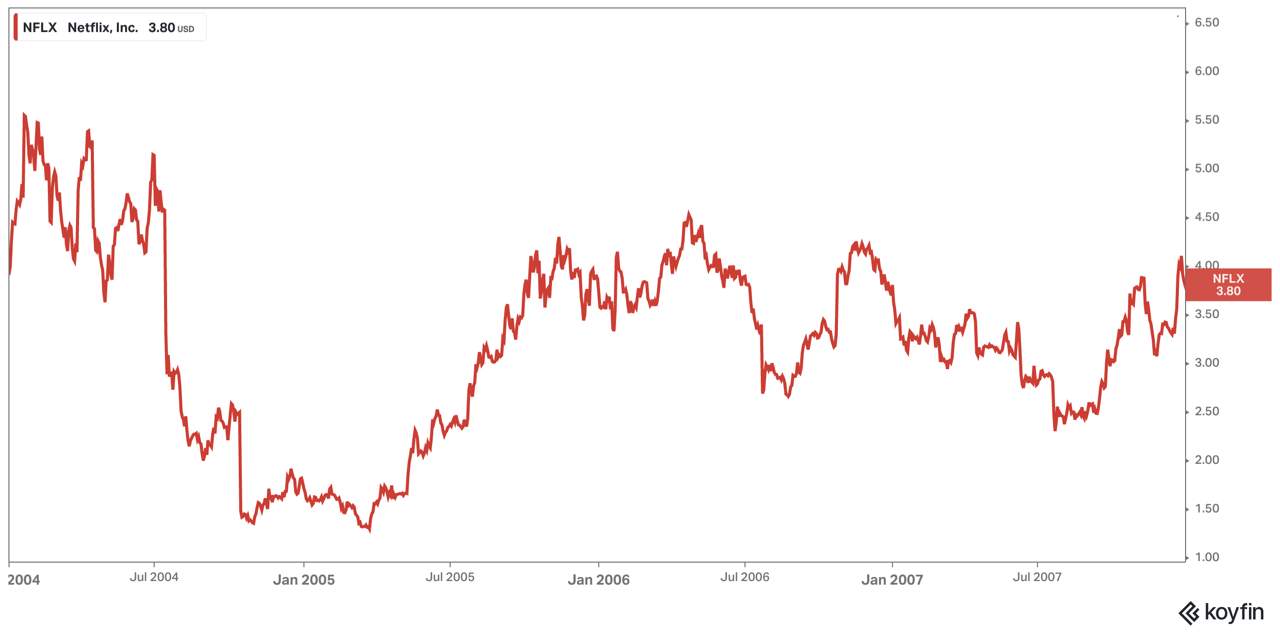- Digital Media Products, Strategy and Innovation by Kevin Anderson
- Posts
- Media companies adjust their subscription strategises as the market turns
Media companies adjust their subscription strategises as the market turns
The Reuters Institute tells publishers to 'buckle up' with 'awe-inspiring and frightening changes' brought on by AI
INMA's Greg Piechota looks at how media companies are tweaking their subscription strategies as profit margins are squeezed due to rising costs and a decline in advertising. As he points out, increasing subscription prices, which many publishers were doing last year, will not the strategy that allows them to continue to grow or offset their own price rises because customers are feeling the squeeze of inflation too.
It was quite a day for coverage of how transformative AI is going to be for media. What's New in Publishing has highlighted Nic Newman's predictions about AI in his annual media outlook. And almost if on cue, there were a number of major stories that show how quickly the industry is moving and also start to highlight the guardrails that publishers will need to put in place as they experiment with the technology.
Greg provides a well-informed look at what publishers are doing as economic indicators flash red. The New York Times is taking the long view and sticking to its strategy of increasing customer value but also growing its returns by building out its subscription bundle. But Greg's analysis shows a widening gap between low-priced, low-retention brands and high-priced, high-retention publishers in the life-time value they can achieve in the coming years. This year will be another turn of the screw in the industry.
And, as publishers spend more of their time and attention on retention efforts, What's New in Publishing has a review on how to design your onboarding experience.
The FT Strategies-Minna Technologies report we recently highlighted showed how publishers are pivoting to retention, but in reviewing customer behaviour, they found that audiences, especially younger ones, wanted services to help them manage their subscriptions. The Informed app is offering that service for publishers and has attracted a number of big names including the FT, The Economist, Bloomberg and the New York Times. My sense is that they see this as an on-ramp to their own subscription products.
The AI revolution is just getting started
Almost three in 10 of the publishers that Nic spoke to have already integrated AI into their operations, and nearly 40% are conducting some kind of experiments with the technology. And with the attention that ChatGPT has garnered, I would expect this activity to increase dramatically this year, especially with respect to AI fine-tuning subscription offers as publishers look for yield.
We first started hearing about this major investment a week or so ago, and now it's real. Microsoft had already made a $1bn investment in the non-profit OpenAI, and now, it is more than doubling down. You can imagine a number of AI applications that would enhance Microsoft's offering, but the obvious one is super-charging its Bing search engine. Google has already been reported as seeing this a 'code red' challenge to its business, and it's not as if the search giant isn't working in this space.
After increasing its transparency around its AI experiments, CNET has pushed pause and with good reason. Its AI is being accused of plagiarism. It would be fascinating to work with the engineers to develop an anti-plagiarism algorithm for an AI.
While the Creator Economy might be hitting the down slope of the hype cycle, some creators have built new personal media empires, and this is a great case study of how Casey Johnston leveraged short stints in traditional media to build her own brand and business.
...well, and also a look at how to choose your platform if you are a Revue refugee like I was.
Challenges for audio content creators
Podcasts swelled its expenses and the revenue hasn't materialised yet from those investments.
A summary of a report out of the US on creating youth content (often co-creating with them) and how that can build relationships with younger audiences. The challenge is funding. Isn't it always? Sigh.
Today in the big platforms
A great review of Netflix's challenges and how it has faced them in the past, which shows it might face its current post-pandemic audience challenge.
I have to admit that I have been toying with whether to cross-publishing our newsletter at Pugpig on LinkedIn. I would be interested to hear your experience of publishing on LinkedIn.
Meta continues to experiment with the metaverse, and live sports seem as good as any place. I'd be curious to see how this work, but I'm not feeling flush enough to buy the gear to see.








/cloudfront-us-east-2.images.arcpublishing.com/reuters/X3J23KUJXRM6XBDVA72T5FZC4A.jpg)



